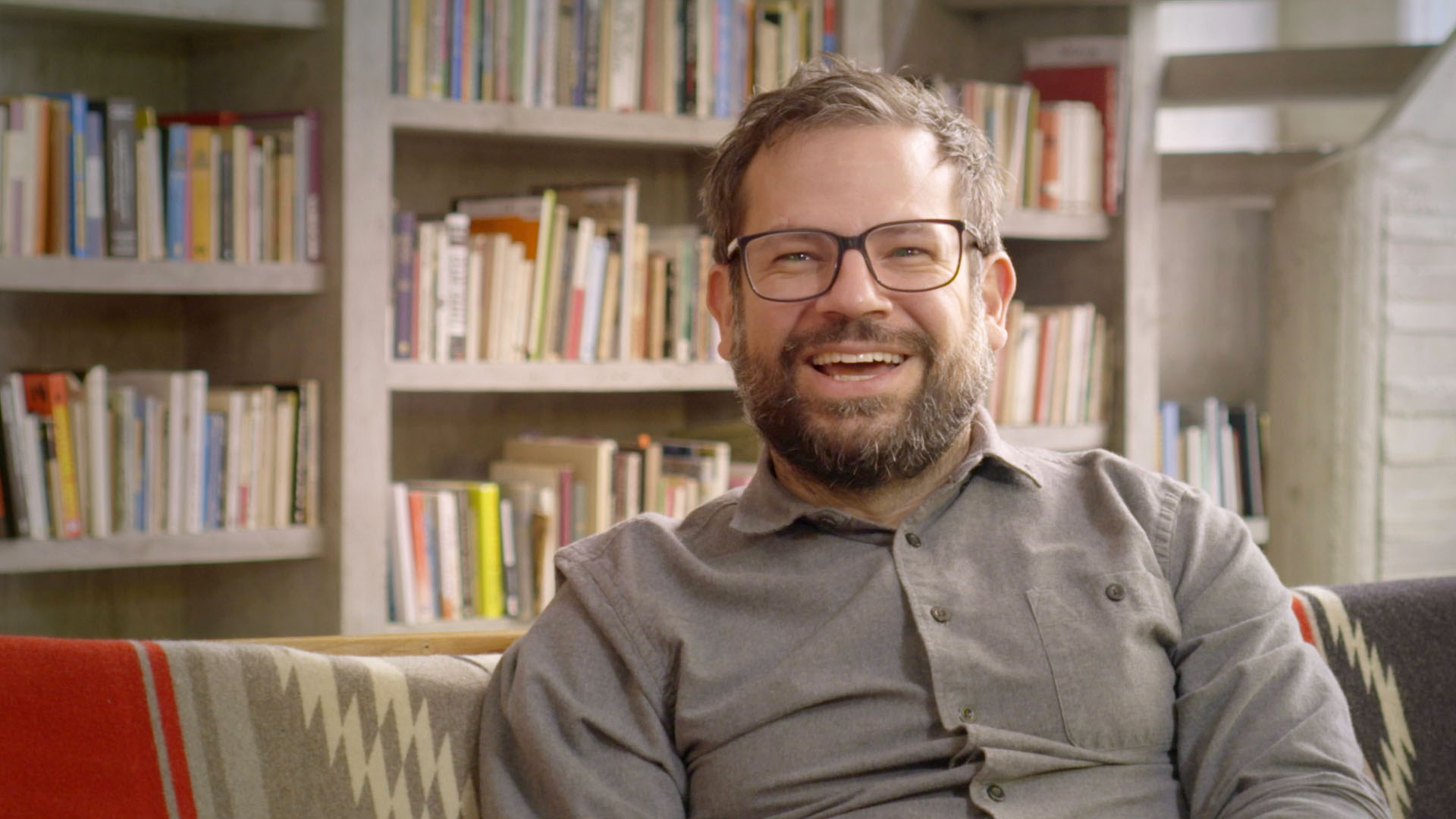
When the artist Pedro Reyes says “I believe anything can become material for art,” he truly means anything. To date, he’s turned guns into musical instruments, proposed crickets as an environmentally friendly source of protein, and staged puppet shows featuring Karl Marx and Adam Smith to explain the different ideas behind socialism and capitalism. For Reyes, being an artist isn’t about creating things, but rather creating experiences and ideas.
A trained architect, the Mexico City native defines himself today as a sculptor. “I’m very concerned with form and materials,” he told Art21 in an exclusive interview. But as an an artist, “you’re requested to reinvent the rules,” he said. “Artists change the perception of things.”
In practice, this gives Reyes a playful approach to making art. He encourages viewers to participate with his work, and sometimes even in its creation.
Speaking to Art21 as part of the “Art in the Twenty-First Century” series, Reyes describes a project where he hosted a People’s United Nations, which featured role-playing participants who discussed social and political issues, adding an element of play to an otherwise serious exercise.
“I love my life, it’s super fun,” he tells Art21. “You’re like a kid, and everybody gets to do what you wish and it happens. It’s amazing.”
Watch the video, which originally appeared as part of Art21’s series Art in the Twenty-First Century, below.
This is an installment of “Art on Video,” a collaboration between Artnet News and Art21 that brings you clips of newsmaking artists. A new series of the nonprofit Art21’s flagship series Art in the Twenty-First Century is available now on PBS. Catch all episodes of other series like New York Close Up and Extended Play and learn about the organization’s educational programs at Art21.org.